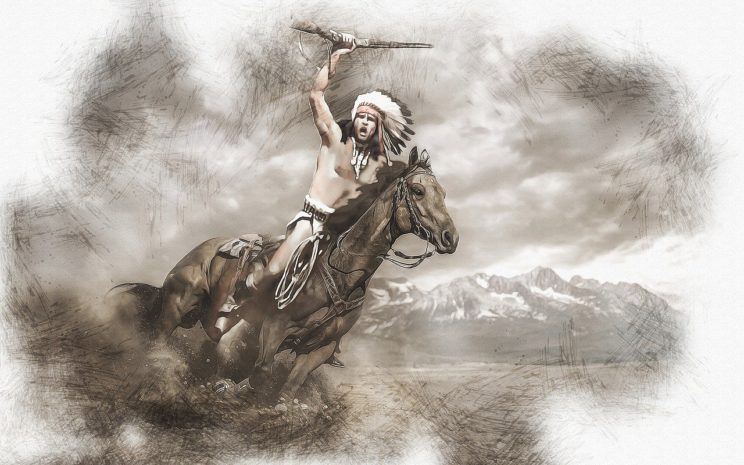Recovering Money Damages for Injuries in Indian Casinos
What You Need to Know the Next Time You Enter an Indian/Tribal Casino
Many tribal casinos have active insurance policies and have waived their immunity, which in these situations the liability insurer would be responsible for paying monetary damages. However, it’s important to note that Tribal/Indian lands are sovereign entities. All businesses that operate with their jurisdiction must be adjudicated under Tribal/Indian laws. In summary, the businesses that operate solely on Tribal/Indian lands are not subject to many U.S. laws. Just like any other sovereign nation, the Tribes have a right to self-governance.
What happens if you get injured during your weekend casino binge? Can you sue for damages?
Due to Tribal/Indian sovereign immunity, it is very difficult to pursue a legal matter against tribal Casinos.
Tribal casinos may be sued in U.S. courts if they willingly waive their immunity. In short, Tribes need to consent to be sued. It seems clear how undesirable it would be to do so, yet some, like the Navajo, have done so in the past. Some of these tribal casinos have insurance and have waived their immunity in cases where their liability insurer would pay monetary damages. Many tribes have insurance, but do not consent to waive their sovereign immunity. Usually, these tribes will offer a minimum value for the personal injury only to make it go away.
Tribes are also immune from other U.S. laws including the Americans with Disabilities Act, Age Discrimination in Employment Act, and all other discrimination laws. This means that any suit accusing a tribal business of discrimination under these laws will be thrown out of court because of tribal immunity.
Tribes have tribal courts; however, they do not provide the same level of protection and rights as one would get under the laws of the United States.
Second, criminals in tribal lands are treated a little differently. Unless we are dealing with a “major” crime (ie. Murder, rape, kidnapping, arson, etc…) tribal courts have authority over all crimes that are committed in their jurisdiction. Thankfully, the “Major Crimes Act” states that any major felony on tribal lands are within the jurisdiction of the United States Federal Courts.
So next time you’re planning a trip to an Indian/Tribal Casino, remember to be careful and to follow the laws of the sovereign state you are entering.
There are ways to go through the Tribal/Indian courts and maximize your value of the case. You may do this by contacting an experienced attorney who has delivered such results. Contact your tribal personal injury lawyer to get more information.
This content is intended for educational purposes only. Our lawyers in Glendale, Los Angeles, CA at KAASS LAW are authorized to practice law in California. The above content is intended for California residents only. This content provides only general information, which may or may not reflect current legal developments. KAASS LAW expressly disclaims all liability in respect to actions taken or not taken based on any of the contents of this website. The above content DOES NOT create an attorney-client relationship. KAASS LAW does not represent you unless you have expressly retained KAASS LAW in person at the KAASS LAW office.
KAASS LAW Personal Injury Attorneys help clients in: Los Angeles, Burbank, Hollywood, Glendale, Van Nuys, North Hollywood, Studio City, Highland Park, Eagle Rock, Sunland, Tujunga, Sylmar, La Crescenta, La Canada, Beverly Hills, Westwood, Santa Monica, Brentwood. Pacoima, Montebello, Commerce, Alhambra, Downey, Bell, Maywood, Walnut Park, Vernon, Lynwood, Echo Park, Silverlake, Mission Hills, Northridge, North Hills, Porter Ranch, Chatsworth, Reseda, San Diego, La Jolla, El Cajon, Chula Visa, Del Mar

